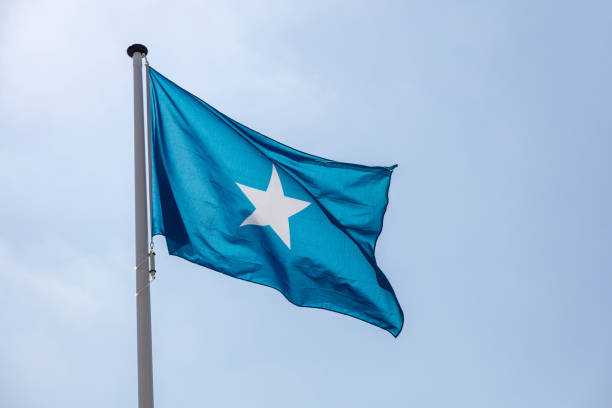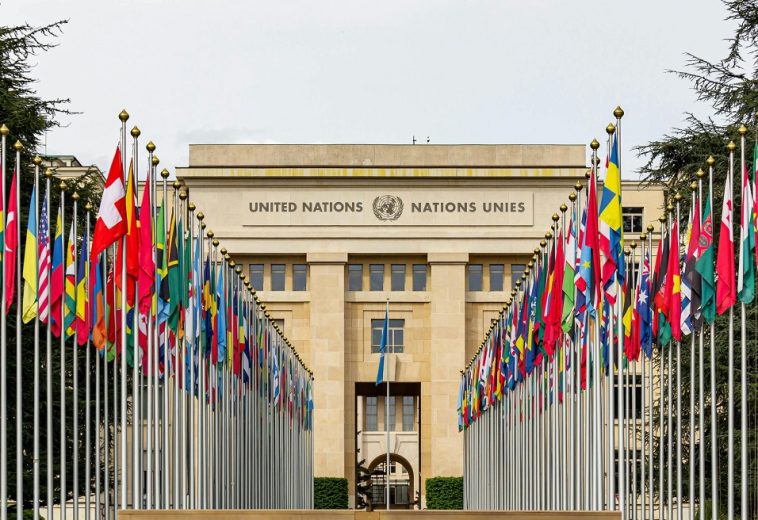After decades of civil strife and underutilisation of its natural resources, Somalia has become a key player in the global energy market. With the country’s coast boasting Africa’s longest national coastline—approximately 3,000 kilometres (1,880 miles)—its offshore reserves are of special interest, especially as global energy demands surge.
A Region on the Brink of Transformation

Recent developments have seen Somalia enter into production-sharing agreements with major international firms such as Coastline Exploration. As of 2022, this U.S.-based company committed to exploring offshore oil blocks in deep water. The company anticipates producing up to 100,000 barrels of oil per day, should exploration lead to commercial discoveries. This projection is particularly significant for a country that has traditionally relied on foreign aid and subsistence-level economic activities.
Untapped Resources and Global Interest
Somalia’s energy potential has also drawn the interest of other international players. Turkish seismic vessel Oruc Reis began seismic surveys in Somali waters in 2024, an essential step in pinpointing viable oil and gas drilling sites. Early data from these surveys suggest that Somalia may have up to 30 billion barrels of untapped oil reserves. This would position the nation alongside some of the more significant oil-producing countries globally.
Somalia’s strategic location in the Horn of Africa, bordering vital shipping lanes in the Indian Ocean, further enhances its attractiveness to investors. These waters are crucial to global maritime trade, making energy extraction here not just an economic boon but also geopolitically strategic. For international oil companies, entering Somalia presents an opportunity to tap a largely unexplored frontier, while for Somalia, it represents a path toward energy independence and substantial new revenues.
Economic and Maritime Impacts
The financial implications of offshore oil extraction in Somalia are vast. Besides generating new revenue streams through oil exports, these ventures could stimulate growth in infrastructure, healthcare, and education. For instance, the $7 million signature bonus paid by Coastline Exploration to the Somali Central Bank, along with an anticipated $50 million investment into the country’s energy sector, underscores the potential economic upliftment.
From a maritime economics standpoint, this development signifies a broader reshaping of global oil and gas routes. Somalia’s proximity to key shipping lanes means that new oil discoveries could influence global maritime logistics. The potential for increased tanker traffic in and around the region would necessitate infrastructure upgrades, including port expansions and security enhancements. Additionally, the burgeoning energy sector could inspire renewed interest in related industries such as offshore drilling, vessel management, and maritime safety.
Challenges and Future Outlook
While the prospects are promising, Somalia’s foray into the global oil market has challenges. Political instability, piracy, and regional tensions, especially with neighbouring Ethiopia’s push for Red Sea access, add layers of complexity to the exploration efforts. However, Somalia has made strides to address these issues, notably passing updated offshore oil and gas regulations in 2022, which provide clearer frameworks for revenue-sharing between companies and the government.
As more international players such as Chevron and ExxonMobil—firms that left the region in the early 1990s due to civil unrest—eye a return, Somalia’s oil exploration could serve as a case study in the delicate balance between economic opportunity and geopolitical complexity.




